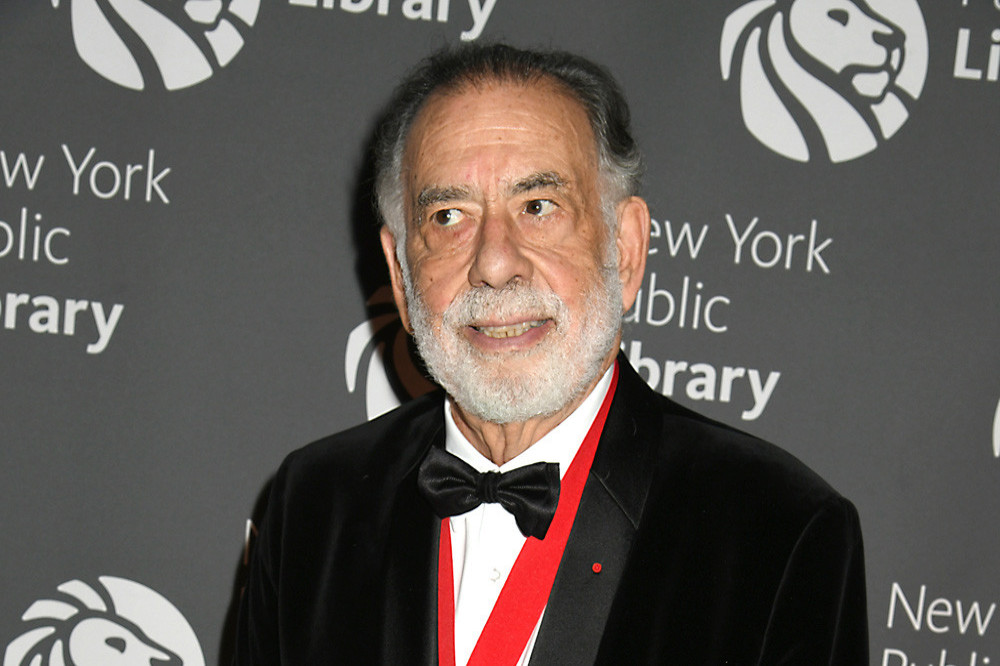Francis Ford Coppola has called ‘Barbenheimer’ a "victory" for cinema.

Francis Ford Coppola says the movies could lead to a new 'golden age' of cinema
The 84-year-old filmmaker - who was a key figurehead in the New Hollywood filmmaking movement of the 1960s and 1970s - has lauded Greta Gerwig's live-action 'Barbie' movie and Christopher Nolan's biographical film about the physicist who was pivotal in developing the first atomic bomb for bringing people back to cinemas after a decline in bums on seats over the past few years.
During a Q+A with fans on his Instagram Story, Coppola was asked if he'd seen either movie, to which he replied: “I have yet to see them, but the fact that people are filling big theaters to see them and that they are neither sequels nor prequels, no number attached to them, meaning they are true one-offs, is a victory for cinema. (sic)”
The 'Godfather' helmer went as far as to call it "the verge of a golden age" in cinema.
In another post, he added: “My hunch is that we’re on the verge of a golden age. Wonderful and illuminating cinema seen in large theaters. (sic)"
The five-time Academy Award winner has previously explained why he's not a fan of sequels and prequels, as well as superhero films.
He told GQ magazine last year: “There used to be studio films.
“Now there are Marvel pictures. And what is a Marvel picture? A Marvel picture is one prototype movie that is made over and over and over and over and over again to look different.”
He believes superhero movies "lack risk".
Coppola previously claimed that Marvel movies are "despicable", but later tried to clarify his original comments, admitting he simply doesn't like "the idea of franchises".
Asked to explain his feelings about superhero films, he told Deadline: "Personally I don't like the idea of franchises, the notion that you can keep repeating what is essentially the same movie for financial gain - in other words, what is a formulaic approach.
"I feel that approach is taken to reduce the economic risk of movies, and I feel the 'risk factor' is an element that makes movies sometimes be great.
"Also, the formulaic film draws most available resources to them, leaving little for more daring productions, reducing diversity."

